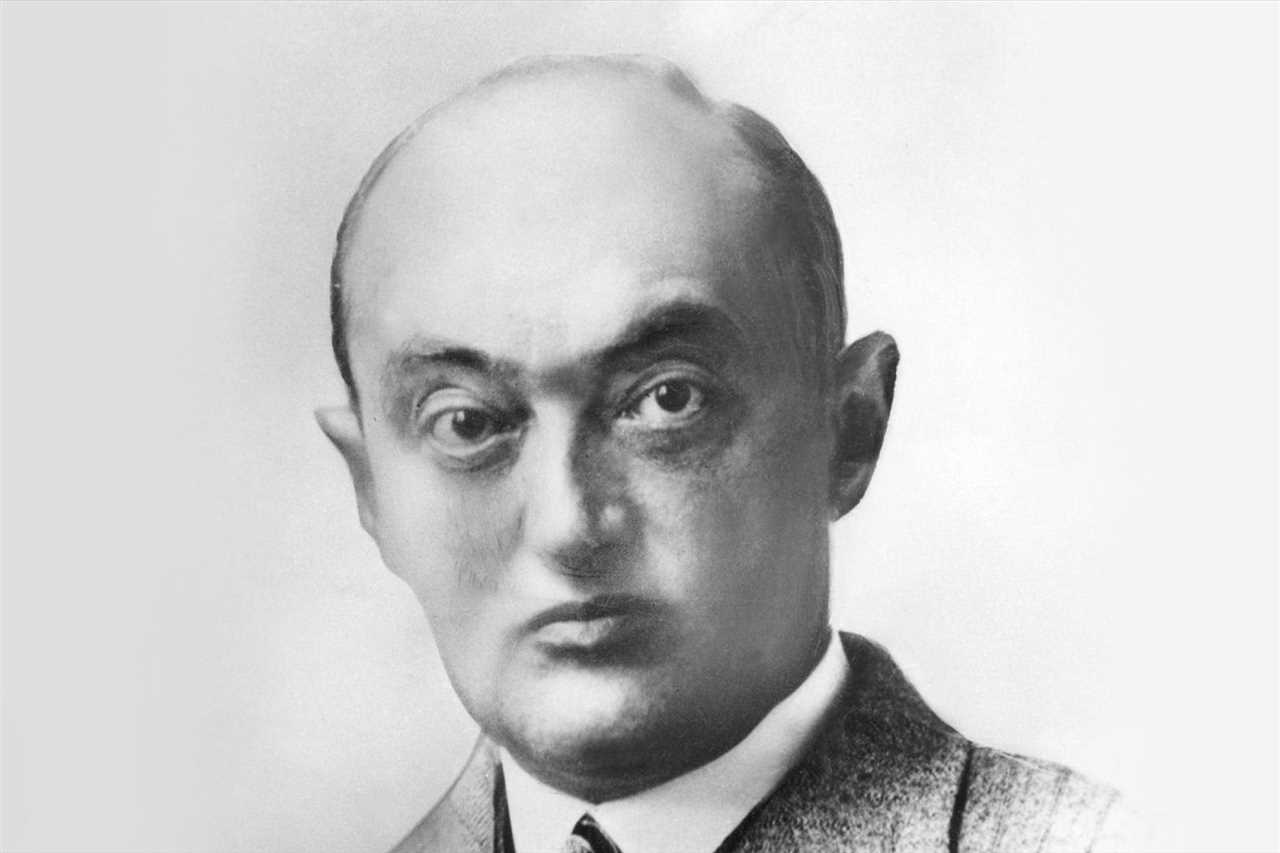Joseph Schumpeter: A Pioneer of Innovation and Economic Theory
Joseph Schumpeter was a renowned economist and social scientist who made significant contributions to the field of innovation and economic theory. Born in Austria in 1883, Schumpeter’s work revolutionized the way economists and policymakers think about economic development and entrepreneurship.
Throughout his career, Schumpeter emphasized the role of innovation in driving economic growth. He believed that entrepreneurs, through their innovative ideas and actions, were the main drivers of economic progress. Schumpeter coined the term “creative destruction” to describe the process by which new innovations disrupt existing industries and create new ones.
Schumpeter also emphasized the importance of business cycles in economic development. He believed that economic growth was not a smooth and continuous process but rather occurred in waves of expansion and contraction. He argued that these cycles were driven by technological innovations and entrepreneurial activities.
In addition to his work on innovation and economic development, Schumpeter made significant contributions to the field of economic theory. He developed the concept of “Schumpeterian competition,” which focuses on the role of innovation in shaping market dynamics. According to Schumpeter, innovation allows firms to gain a competitive advantage and disrupt existing market structures.
Schumpeter’s ideas have had a lasting impact on the field of economics and continue to be influential today. His emphasis on the role of innovation and entrepreneurship in driving economic growth has shaped the way economists and policymakers think about economic development. His work has also inspired numerous studies and research on the relationship between innovation, entrepreneurship, and economic progress.
The Life and Work of Joseph Schumpeter

Joseph Schumpeter was a renowned economist and social scientist who made significant contributions to the field of innovation and economic theory. Born on February 8, 1883, in Triesch, Moravia (now part of the Czech Republic), Schumpeter had a diverse and illustrious career that spanned several continents and academic institutions.
Schumpeter’s early life was marked by academic excellence, as he excelled in his studies at the University of Vienna, where he earned a doctorate in law. He went on to work as a professor at various universities, including the University of Czernowitz, the University of Bonn, and Harvard University.
Schumpeter’s work also focused on the role of entrepreneurship in economic development. He believed that entrepreneurs were the agents of change who drove economic progress through their ability to identify and exploit new opportunities. He emphasized the importance of entrepreneurship in fostering innovation and economic growth.
In addition to his work on innovation and entrepreneurship, Schumpeter made significant contributions to the field of economic cycles. He developed the concept of “Schumpeterian cycles,” which described the pattern of economic fluctuations resulting from the process of creative destruction. According to Schumpeter, these cycles were characterized by periods of rapid innovation and economic growth followed by periods of consolidation and decline.
Schumpeter’s ideas and theories continue to have a profound impact on the field of economics and business today. His work has influenced generations of economists and policymakers, and his ideas on innovation and entrepreneurship remain highly relevant in the modern world.
Contributions to Innovation and Economic Theory
Joseph Schumpeter made significant contributions to the fields of innovation and economic theory. His ideas revolutionized the way economists and scholars understand the process of economic development and the role of entrepreneurship in driving innovation and growth.
Legacy and Influence

Economic Development
Schumpeter’s concept of “creative destruction” has become a central idea in the study of economic development. He argued that economic progress is driven by the constant process of innovation and the destruction of existing economic structures. This idea challenges the traditional view that economic growth is a smooth and gradual process, instead emphasizing the disruptive nature of innovation.
His work also highlighted the role of entrepreneurs in driving economic development. Schumpeter believed that entrepreneurs were the key agents of change in the economy, introducing new ideas, technologies, and business models that disrupt existing industries and create new opportunities for growth.
Innovation and Entrepreneurship
His ideas have been further developed by scholars such as Clayton Christensen, who expanded on the concept of disruptive innovation, and Peter Drucker, who emphasized the importance of entrepreneurship in the modern economy.
Policy Implications

Schumpeter’s theories have also had important policy implications. His emphasis on the role of innovation and entrepreneurship in driving economic growth has influenced government policies aimed at fostering innovation and supporting entrepreneurial activity.
His ideas have been used to justify policies such as research and development grants, tax incentives for innovation, and the creation of entrepreneurial ecosystems. Governments around the world have recognized the importance of innovation and entrepreneurship in driving economic development and have implemented policies to support these activities.

Emily Bibb simplifies finance through bestselling books and articles, bridging complex concepts for everyday understanding. Engaging audiences via social media, she shares insights for financial success. Active in seminars and philanthropy, Bibb aims to create a more financially informed society, driven by her passion for empowering others.
